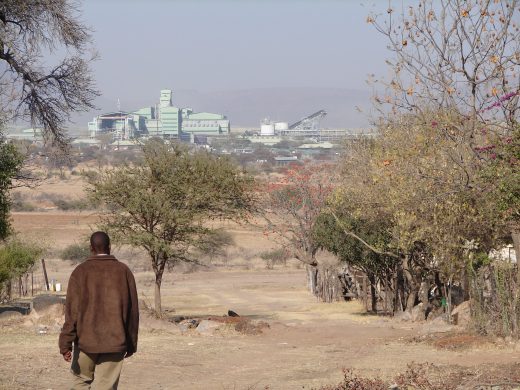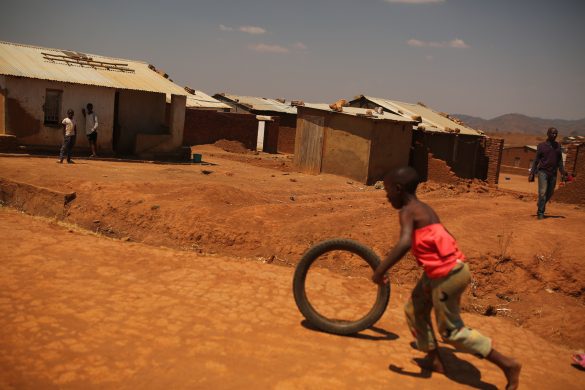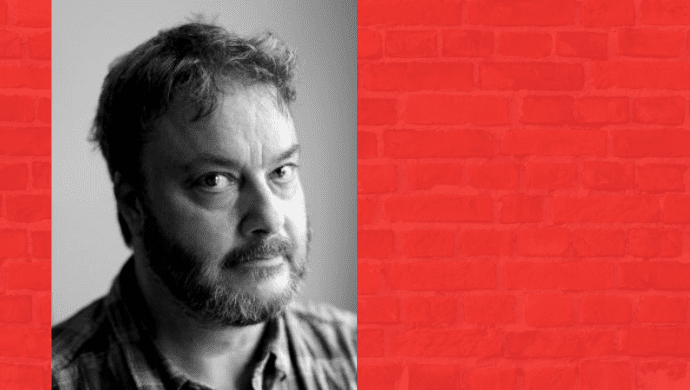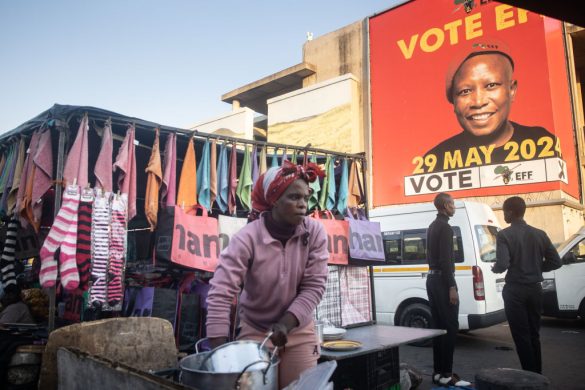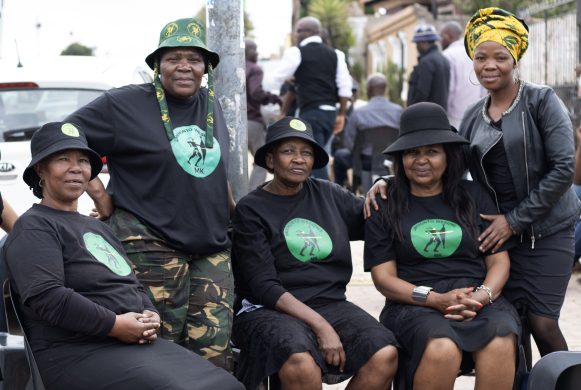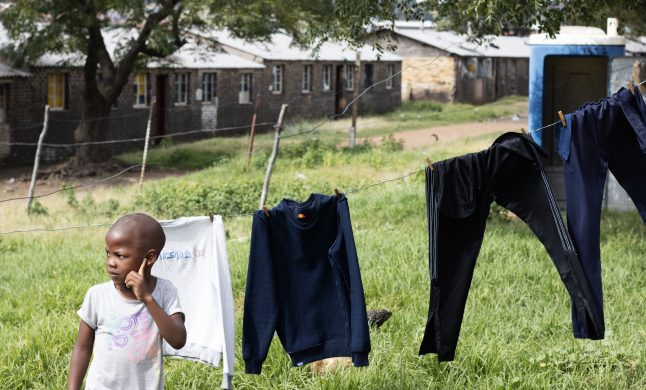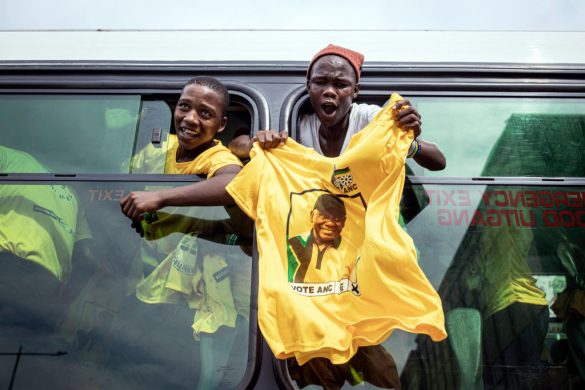(Swedwatch) Companies that sell mining equipment to South Africa’s platinum industry have a responsibility to analyse the risks for human rights violations that prevail in the sector, and to act on these risks. However, a new report by Swedwatch finds few indications that Swedish companies Sandvik and Atlas Copco, who provide the platinum industry with essential equipment, are trying to influence their customers to improve the situation for people in the platinum districts.
Download og læs hele rapporten her
According to the United Nations Guiding Principles on Business and Human Rights (UNGPs), companies can be linked to adverse impacts on human rights even if these are caused or contributed to by their business partners; including customers.
For Swedish companies Sandvik and Atlas Copco, who sell mining equipment to South Africa’s platinum industry, this entails a responsibility to manage human rights risks that may be associated with the activities of the mining companies that they sell their equipment to. They have direct relationships with the South African mining houses and their equipment is used in the core activities of these customers. In accordance with the UNGPs, this makes them linked to impacts that may be caused by their clients’ operations. Thereby, they have a responsibility to manage human rights risks accordingly and to seek to influence their customers to address possible risks and actual impacts.
The report Carrying the costs – Human rights impacts in communities affected by platinum mining in South Africa, and the responsibilities of companies providing mining equipment reviews the human rights responsibilities within client-provider relationships and provides findings from a case study conducted in the South African platinum belt – an area where people are living on top of one of the most valuable mineral resources in the world. It also compares findings to Swedwatch’s 2013 study Problematic Platinum and assesses what impacts company efforts to address human rights challenges have had for the rights holders.
Findings show that communities have for decades experienced salient social and environmental impacts associated with mining operations and the situation does not appear to have improved. On the contrary, many communities attest to that the situation has worsened since 2013. Competition over jobs is high, people have been evicted from their land and many suffer from health problems caused by water and air pollution. For women, getting a job is particularly hard while at the same time they are responsible for the care of children, elderly and others who cannot support themselves.
Despite having been made aware of the situation in 2013, there is little evidence that efforts by Atlas Copco and Sandvik to manage human rights risks associated with mining operations in South Africa have been adequate to lead to real change for communities affected by these operations. Both companies only provide general information regarding their human rights work: neither provides information on what specific human rights impacts have been identified as related to platinum mining or if any specific impacts have been acted on in accordance with the UNGPs.
The report recommends Atlas Copco, Sandvik and other companies providing mining equipment to the South African platinum mining sector to use their leverage to encourage customers to address adverse human rights impacts. In cases where leverage needs to be increased, this can be done for example by forging partnerships with other suppliers to the mining companies or other relevant parties that may influence the situation.
The report was made in collaboration with the Church of Sweden and Afrikagrupperna and launched at the Alternative Mining Indaba on February 5th. Field research was conducted in cooperation with Bench Marks Foundation.

